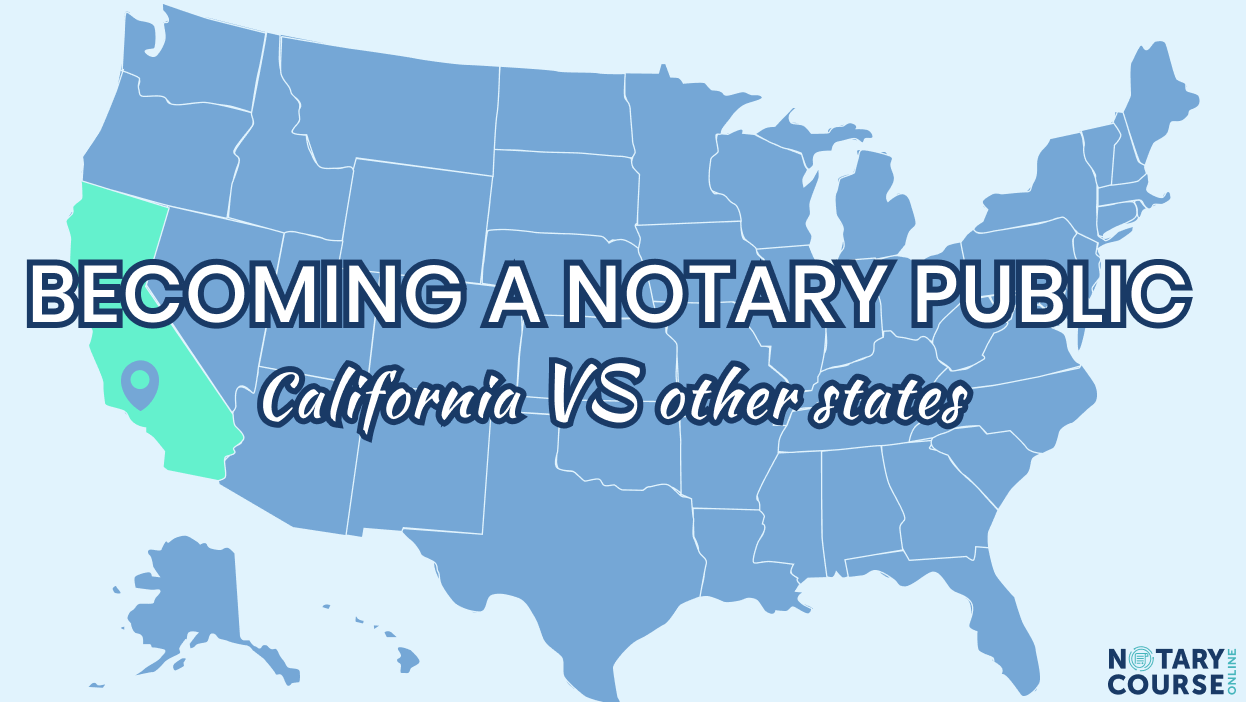California
Blog
Double Check then Triple Check – Larger sets of documents need even more thorough review

-
by Notary Course Online
- June 12, 2024
Loan Packages and Legal Trusts require an extra diligent notary .
The signing of any kind of loan or trust document package can test even the most experienced notary public. Not only do the documents have significant financial implications, but they can also be time sensitive with many signings happening on the day a loan is closing. Similarly, trust signings can take place when there is a significant change in family status. Special care and review of signatures should be a standard “best practice” for any seasoned notary. Both loan and trust packages have a great number of signatures throughout them, increasing the possibility of mistakes. Missing signatures or other errors such as not including “Trustee” if required can cause delays in document recording, potential for additional costs or even disputes over legality. Depending on the state that the documents originate from, there can be significant differences in which documents require notarization or if additional witnesses are needed. No two packages will ever be the same since every lender and law office have different standards and practices. These types of signings are anything but just routine.
Start strong…finish strong.
When preparing to meet with clients signing these important packages, be sure to have all your required supplies ready well in advance of the appointment. Not only are we talking about extra pens, but having the supplies to meet the unexpected such as loose notarial certificates and ink refills for your notarial seal. When introducing yourself at the appointment, advise the signers that you will be reviewing the paperwork once all the signatures are complete to ensure the package is correct and ready for the next steps.. This process can take a few minutes but it will make sure that you don’t leave the signing appointment with errors in the package. Not only can signers miss a signature, but the notary must be sure that each and every notarial seal is legible enough to be photographically reproducible. Any necessary corrections should be made using the signers initials and date. Your attention to detail throughout the signing process will show your clients that you take your job and their documents very seriously. Catching an error at the signing table will ensure that it won’t become a problem down the road.
Document handoff and ensuring a job well done.
The double checking and if necessary triple checking of document sets is crucial to the notarial service you provide. A notary cannot just assume to know the specifics of what a lender or law office is asking for. If detailed instructions to the notary are included in the document package, be sure to take the time to read these and ask questions if discrepancies arise. It’s the notary public’s job to provide the service exactly as requested. Once the signing is complete and those checks have been done, the documents will soon leave your hands and go back to the law office or lender. Making sure everything is in proper order before shipping of documents or stepping away from the appointment shows your professionalism and builds trust in your clients that you have done your very best work. A notary that goes the distance with their double and triple checking will often get repeat business and referrals.






 Congratulations!
Congratulations!